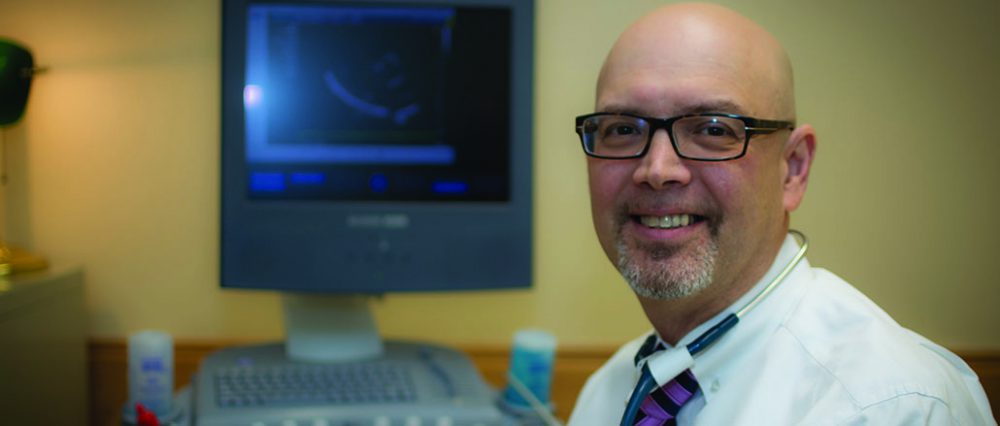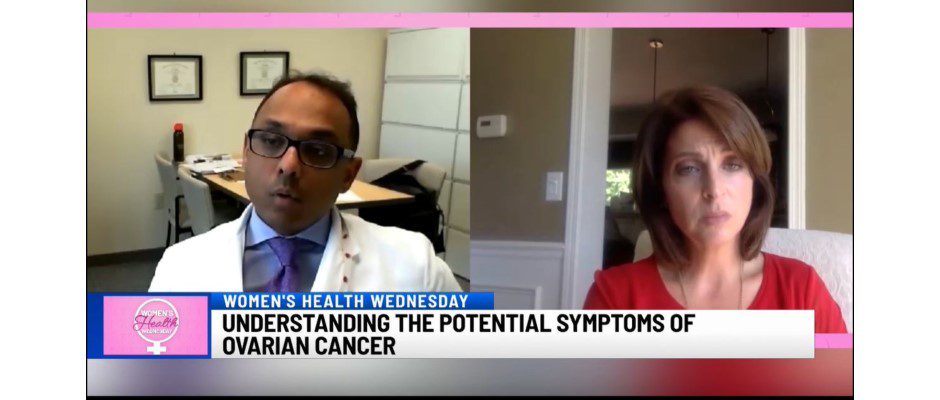
[This piece was written by Nora L. Yip, MD, of Capital District Colon and Rectal Surgery Associates and St. Peter’s Hospital.]
March is Colorectal Cancer Awareness Month, and a good time to learn more about colorectal cancer (cancer of the colon and rectum) and how it can be prevented or best treated.
Colorectal cancer is the second leading cause of cancer-related deaths in the United States for both men and women combined. This year, approximately 140,000 new cases of colorectal cancer will be diagnosed and 56,000 people will die from the disease.
The good news is colorectal cancer is a disease that can be prevented through regular screenings, a healthy diet and regular exercise. To specifically lower your risk of colorectal cancer, the American Society of Colon and Rectal Surgeons (ASCRS) recommends that you:
- Get regular colorectal cancer screenings after age 50.
- Eat a low-fat, high-fiber diet.
- If you use alcohol, drink only in moderation.
- If you use tobacco, quit. Alcohol and tobacco in combination are linked to colorectal cancer and other gastrointestinal cancers.
- Exercise for at least 20 minutes three to four days each week.
Since there are very few symptoms associated with colorectal cancer, regular screening is essential. Screening is beneficial for two main reasons: colorectal cancer is extremely preventable if polyps that lead to the cancer are detected and removed, and it is very curable if the cancer is detected in its early stages.
Keep in mind that the risk of developing colorectal cancer increases with age. All men and women aged 50 and older are at increased risk for developing colorectal cancer and should be screened. Some people are at a higher risk and should be screened at an age younger than 50, including those with a personal or family history of inflammatory bowel disease; colorectal cancer or polyps; or ovarian, endometrial or breast cancer.
As a specialist in the screening, prevention and treatment of colorectal cancer, I see firsthand every day the needless suffering of patients who have waited too long to discover they have this disease…and the benefits to patients who have been screened early and treated for it.
Capital District Colon & Rectal Surgery Associates is located on the St. Peter’s Hospital campus at 319 South Manning Blvd., Suite 310, in Albany. The physicians at CDCRSA are specialty-trained colorectal surgeons who diagnose and treat colon and rectal problems with excellence, compassion and competence. For information, call 518-438-2776.





